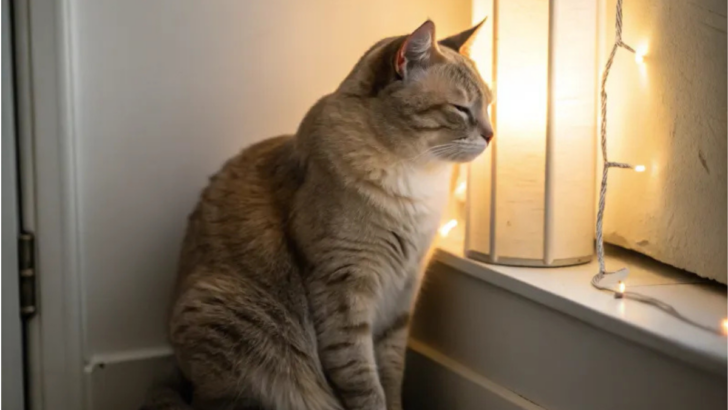Cats are often seen as aloof and mysterious creatures. While they may seem to ignore us, there are usually underlying reasons for their behavior. Understanding these reasons can help strengthen your bond with your feline friend.
1. Change in Environment
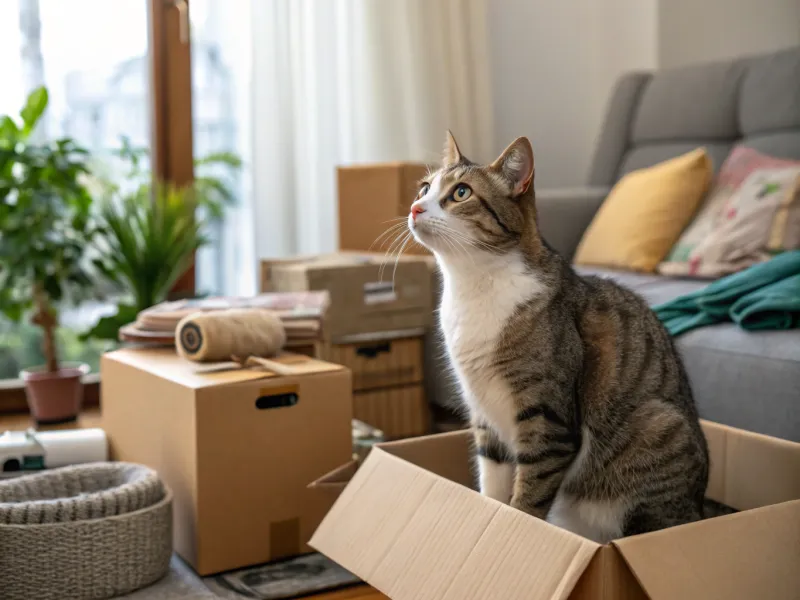
Cats are creatures of habit and any change in their environment can be unsettling. Whether it’s moving to a new house or rearranging furniture, your cat might feel stressed and overwhelmed. This stress can manifest as aloofness or avoiding interaction.
Taking the time to gradually introduce changes can help your cat adjust. Create safe spaces where they feel secure, and maintain a routine to provide consistency.
Understanding their need for stability can foster a sense of trust and help them feel more comfortable in their surroundings.
2. Health Issues
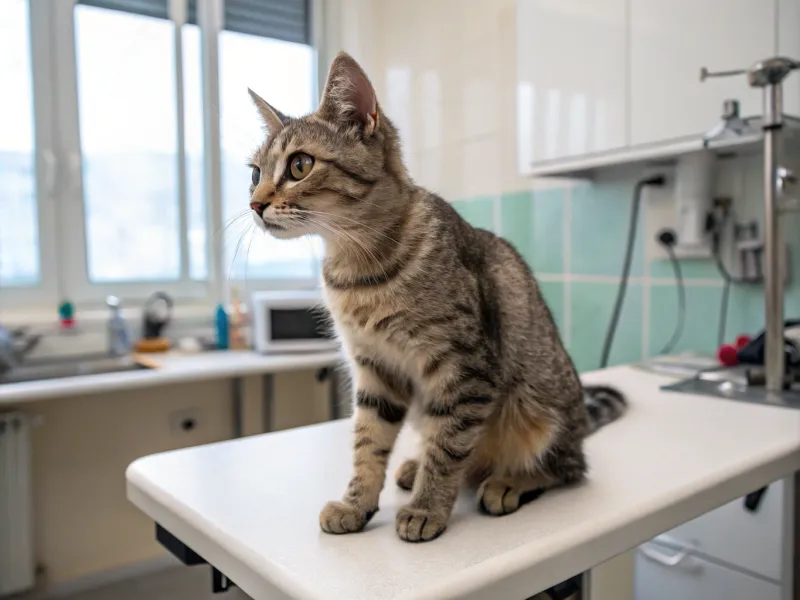
If your cat suddenly starts ignoring you, it might be due to an underlying health issue. Cats instinctively hide their pain, so changes in behavior can be a sign of discomfort.
Regular vet check-ups are essential to ensure your cat’s well-being and catch any issues early. Pay attention to other signs, such as changes in appetite or litter box habits.
By addressing health concerns promptly, you can alleviate any discomfort and help your cat return to their friendly self. It’s crucial to be attentive and proactive.
3. Lack of Stimulation
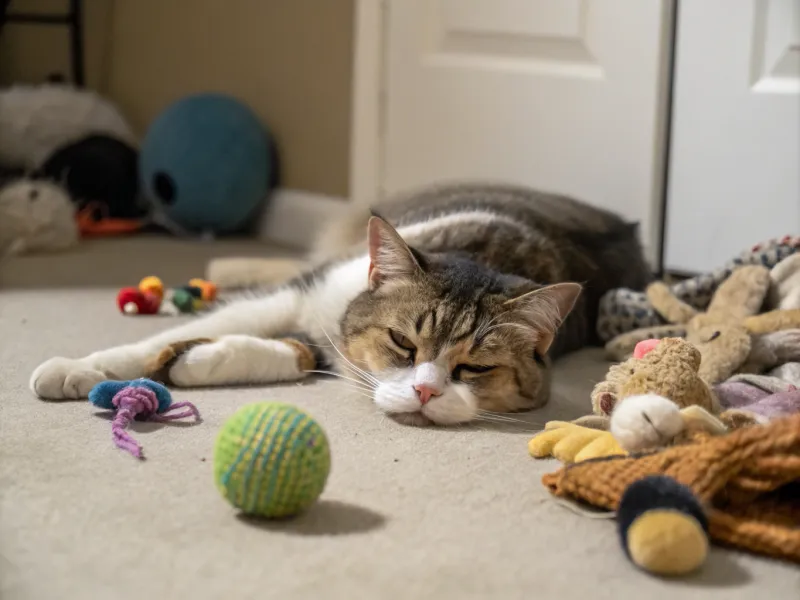
Cats need mental and physical stimulation to thrive. If they don’t get enough, they might become disinterested in interactions. Boredom can lead to indifference, making them seem distant.
Providing a variety of toys and engaging in playtime can keep their minds active. Puzzle feeders and climbing trees can offer mental challenges.
By regularly engaging your cat in activities, you can prevent boredom and strengthen your bond, ensuring they remain happy and responsive.
4. Overstimulation
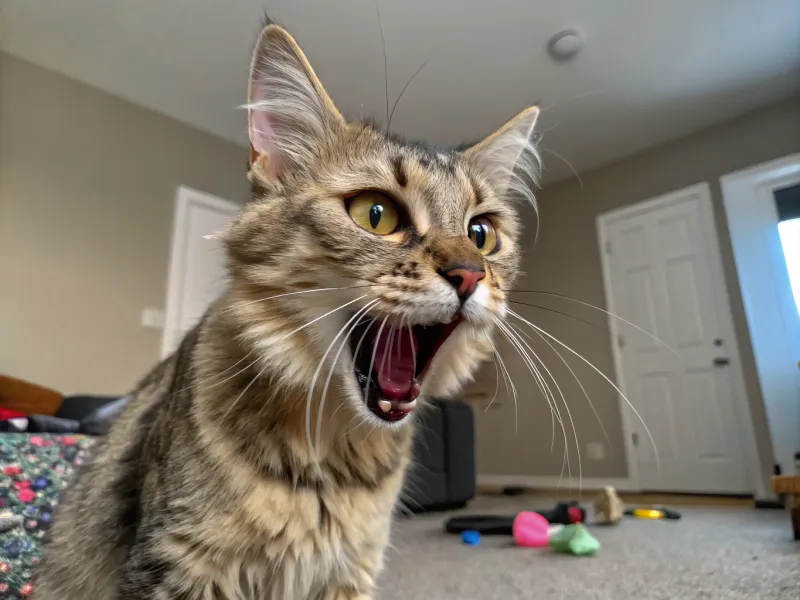
While cats enjoy attention, too much can lead to overstimulation. This can result in them avoiding interaction altogether. Recognizing signs of overstimulation, such as flicking tails or flattened ears, is crucial.
Allowing your cat to have breaks during playtime can prevent this issue. Ensure they have quiet spaces to retreat when needed.
Balancing interaction with downtime helps maintain a healthy relationship, ensuring your cat remains affectionate and content.
5. Personal Space
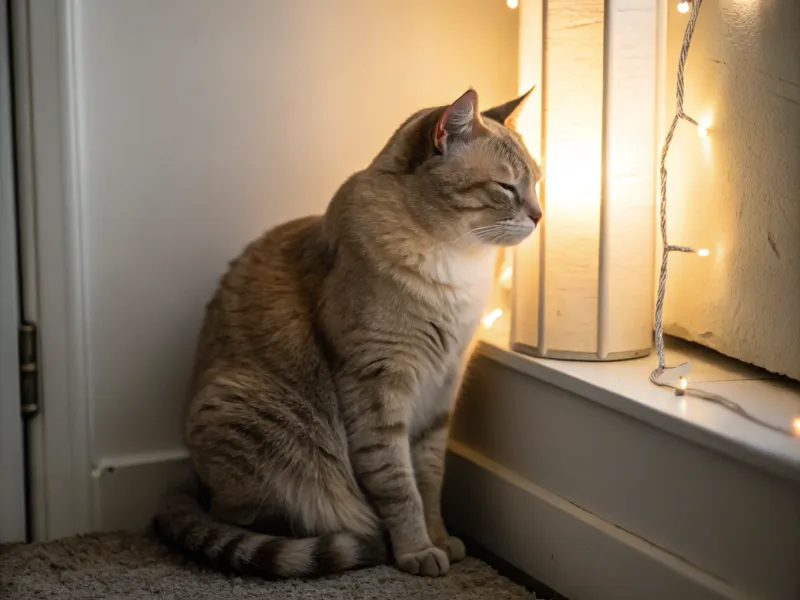
Cats value their personal space and might ignore you to maintain it. Respecting their need for solitude can lead to a happier coexistence.
Provide areas where they can retreat and relax without disturbance. Understanding their body language will help you know when they need space.
By respecting their boundaries, you can foster a trusting relationship. This respect will make your cat more likely to seek you out when they are ready for affection.
6. New Pet in the House
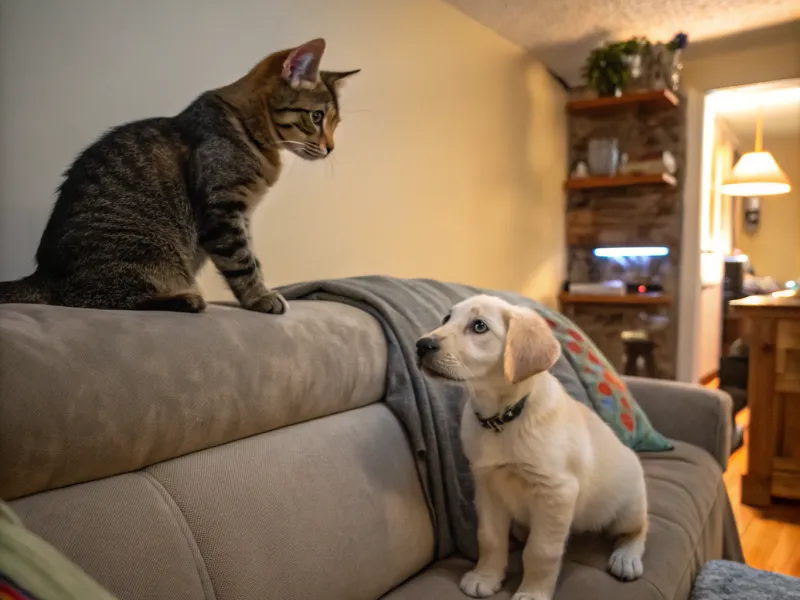
Introducing a new pet can make your cat feel threatened, leading them to ignore you. They might perceive the newcomer as a rival for your attention.
Gradually introducing the new pet can help ease this transition. Ensure your cat still receives plenty of attention and reassurance.
By making the introduction process smooth, you can help your feline friend feel secure and more open to interaction.
7. Stress and Anxiety
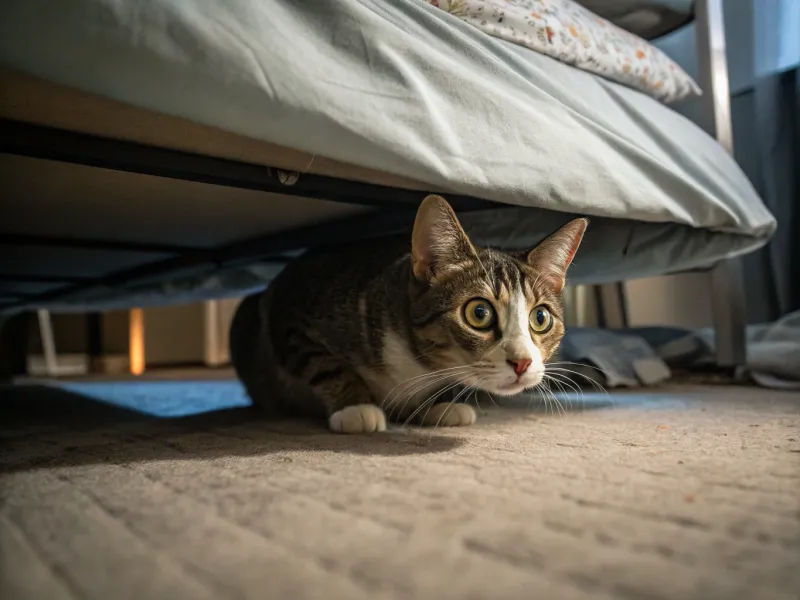
Stress and anxiety can cause cats to withdraw and ignore their owners. Loud noises, changes in routine, or new people can be triggers.
Creating a calm environment and maintaining a predictable routine can alleviate anxiety. Pheromone diffusers and interactive play can also help reduce stress.
By understanding and mitigating the sources of stress, you can encourage your cat to be more sociable and relaxed.
8. Age-Related Changes
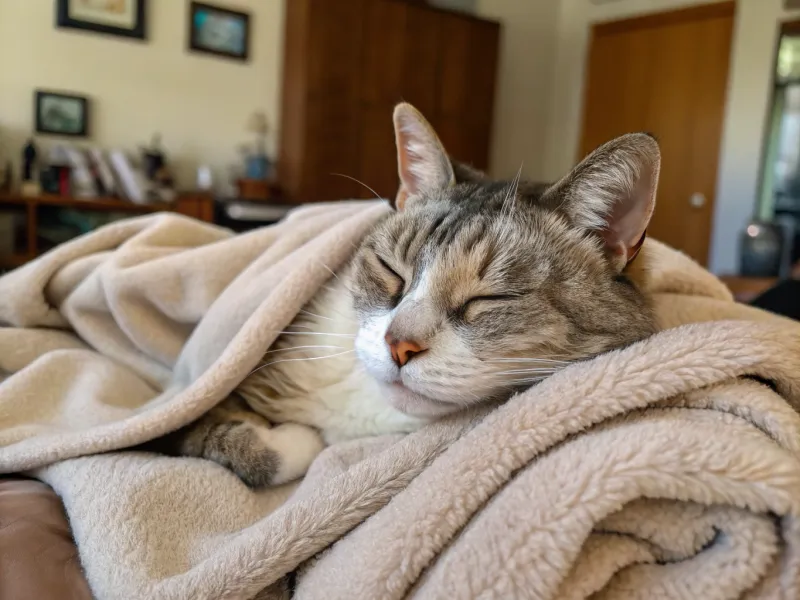
As cats age, their behavior and interaction levels can change. Older cats might seek solitude more often and appear to ignore you.
It’s important to accommodate their changing needs by providing comfortable resting spots and minimizing stress. Regular vet visits can help manage age-related issues.
Understanding these changes as part of the aging process allows you to adapt your care, ensuring your cat remains content and connected.
9. Inconsistent Interaction
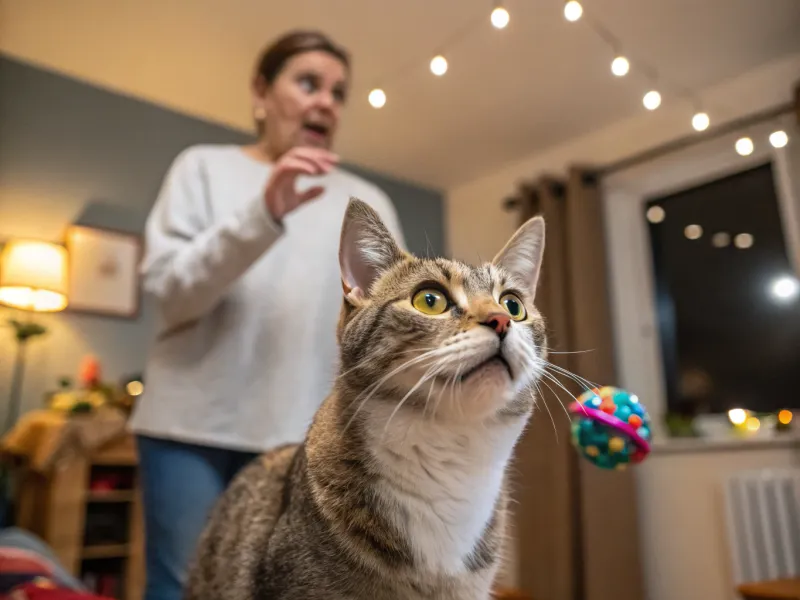
Cats thrive on routine, and inconsistent interaction can lead to confusion and withdrawal. If your attention varies, your cat may not know what to expect.
Maintaining a consistent routine and regular playtime is essential. This predictability can strengthen the bond between you and your cat.
By being consistent, you can build trust and encourage your cat to be more engaged and affectionate.
10. Preference for Solitude
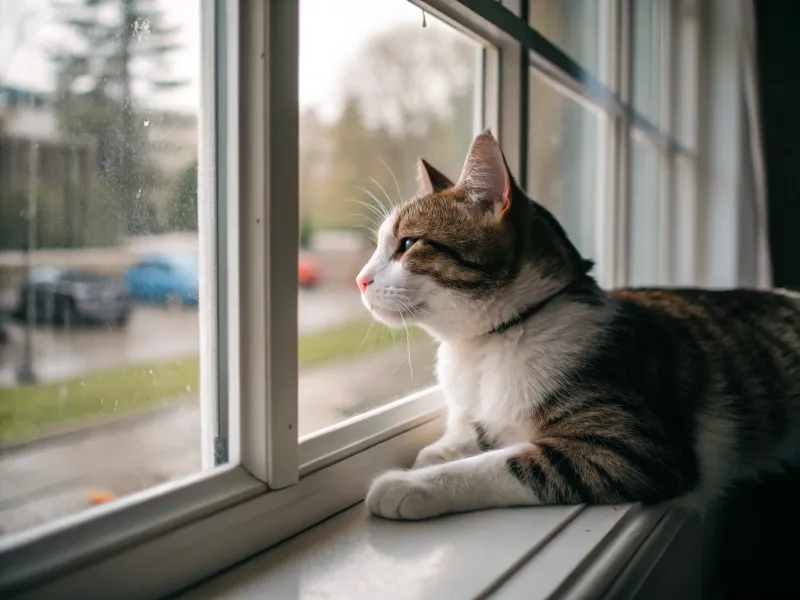
Sometimes, cats simply prefer solitude and may ignore you to enjoy it. This isn’t a reflection of your relationship but their natural inclination.
Providing opportunities for solitude while being available when they seek interaction is key. Understanding this preference can help you respect their individuality.
By balancing solitude with quality time together, you can ensure a fulfilling relationship with your cat, honoring their need for independence.
